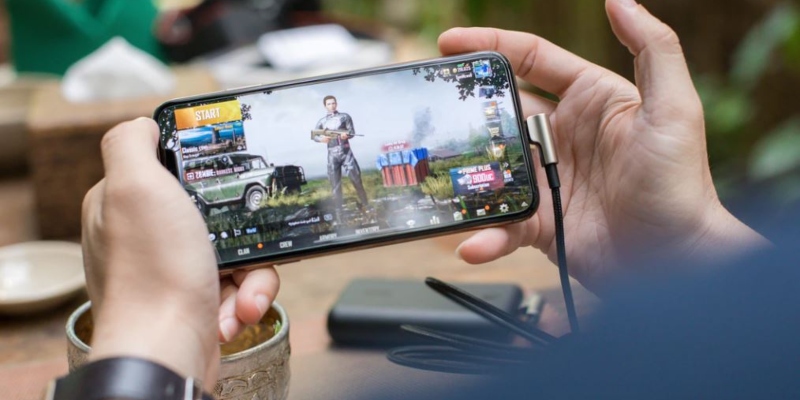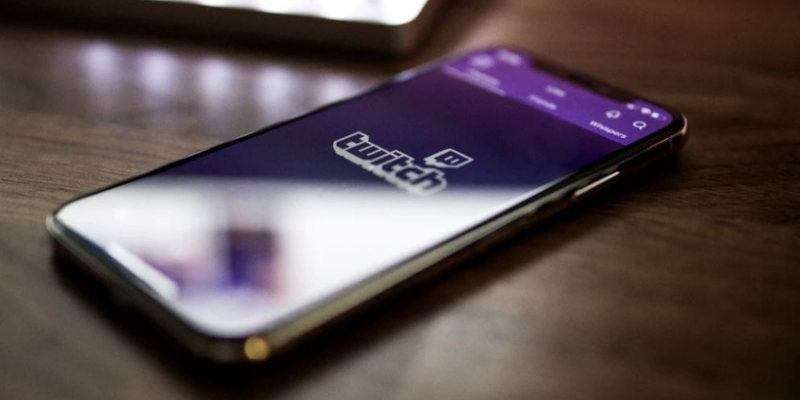Mobile Gaming Is On The Rise
 Source: Screen Post on Unsplash
Source: Screen Post on Unsplash
These days it seems that everyone has a mobile device. And nearly everyone has their mobile device on or near them at all times. This means that it is on-hand whenever they have a fancy to research something, surf social media, or play a game. Mobile phones have become veritable Swiss Army knives with everything in one place.
This casual access to online games fits easier into the modern lifestyle, with many people often on the go with busy schedules. All they need is their device, an internet connection, and a few minutes, and they can enjoy themselves, taking a break from the daily grind. Whether it’s an adventure or an online casino game, fun is only a touch of a finger away. You too can follow the latest trend and access Spin Casino online on your mobile browser anytime and anywhere!
Accessibility is key
Mobile devices are cheaper, internet accessibility vaster, and access speeds faster than ever before. As a result, mobile technology reaches populations that once were seen as isolated or behind. For example, Africa is now the continent with the most mobile payments and banking. India also is growing in leaps and bounds and, with one of the largest populations in the world, is a market where oversaturation is a foreign concept. China, in particular, has a large mobile gaming population as cheaper, yet high-performance, smartphones grant players access to this expanding market.
 Source: David Grandmougin on Unsplash
Source: David Grandmougin on Unsplash
Mobile video games are also a lot more accessible to gamers than those on traditional platforms. All that is required is a capable mobile device and an internet connection (to download the game initially and, in some cases, continue the play after). Compare this to gaming desktop computers and specialized consoles that require greater amounts of money and/or serve only the singular purpose of gaming. As a result of this easier access, one-third of mobile gamers is in the 36-50-year-old age range – not the typical idea of a gamer. Indeed, many mobile game players do not self-identify as gamers. Rather, a game on their mobile device is just like any other use of said device and a way to pass time.
Money is a big driver
The worldwide mobile gaming market in general accounts for over half of the entire games market revenue. Last year the mobile gaming revenue was US$70.3 billion, approximately US$30 billion MORE than the total box office revenue of the year. It isn’t hard to imagine this number growing into the trillions soon.
And if we look more closely at the online gambling industry, we find that the total forecasted annual wagers in 2022 are US$1 trillion according to data compiled by Juniper Research. This is more than the annual added deficit of the US budget! Therefore, mobile gambling is set to break revenue records as it continues to grow.
Revenue is optimized as mobile games can be developed quicker and for less money – and even if the quality is less than that of traditional games, people do not feel cheated as they spent less – or no – money on them.
In addition to game revenue itself, we also find an increasing number of investments. At first, only existing gaming companies invested in mobile-only companies. But as revenue has exploded, traditional investment firms such as Goldman Sachs have seen the potential growth opportunity and joined in.
 Source: by Caspar Camille Rubin on Unsplash
Source: by Caspar Camille Rubin on Unsplash
Convenience and hyper casualty
When it comes down to it, people are always going to look for the most convenient way of doing something, the path of least resistance. When a person wants to be entertained, it’s logical that they grab whatever is closest to them, which as we’ve seen tends to be their mobile device. And since their days are so often jam-packed, convenience also means quick. Enter the hyper casual game.
Hyper casual games are characterized by their repetitiveness and basic gameplay. Their design means they can be played in multiple short chunks of time, versus one long drawn-out session. Rather than being a hobby, gaming is thus seen more as a part of daily life. Some of the best-known include Candy Crush (the original and its three spin-offs), Pokemon GO, and Fortnite.
What’s important to note about these games is that they are all free-to-download with revenue coming from in-app ads and voluntary in-game purchases. There are also a greater number of apps and mobile sites being offered by casinos. These mobile versions offer nearly all the same games found on traditional desktop websites, offering their players flexibility in their choice of amusement. Quick-play slot games are often the most popular, fitting into the idea of hyper casualty.
Another non-negligible convenience of mobile devices is the ease with which people can make payments, physically and electronically, with them. It is quite simple to save one’s banking information in the phone in a general application and in specialized ones such as casino apps meaning payments are a simple click away.
With all of this, is it any surprise that mobile gaming has become such an integral part of our lives and is growing so rapidly? If you aren’t yet a gamer, what are you waiting for?





